Religion without joy - it is no religion
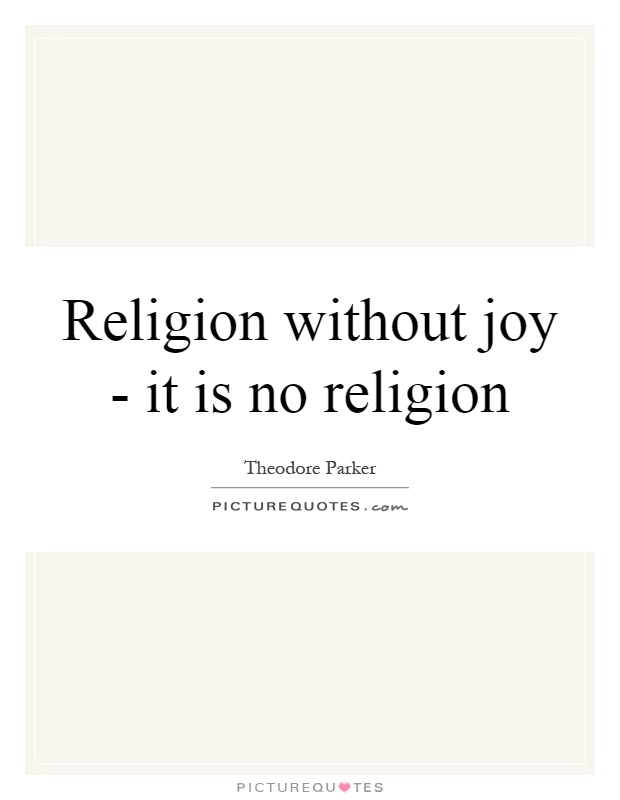
Religion without joy - it is no religion
Theodore Parker, a prominent American Transcendentalist and Unitarian minister, believed that religion without joy is not truly religion at all. Parker was a firm believer in the power of joy and happiness in one's spiritual life, and he saw it as an essential component of a meaningful and fulfilling religious experience.For Parker, joy was not just a fleeting emotion or a superficial feeling, but rather a deep and abiding sense of contentment and peace that comes from a connection with something greater than oneself. He believed that true religion should bring joy to the heart and soul, and that without this joy, religion loses its power and meaning.
Parker's own life and work were marked by a profound sense of joy and optimism. Despite facing numerous challenges and setbacks in his personal and professional life, he remained steadfast in his belief in the goodness of humanity and the power of love and compassion. His sermons and writings were filled with messages of hope and encouragement, and he inspired many with his unwavering faith in the inherent goodness of the world.
Parker's emphasis on joy in religion was also a reflection of his belief in the importance of living a life of purpose and meaning. He saw joy as a natural byproduct of living in alignment with one's values and principles, and he believed that true happiness could only be found by following one's innermost convictions and passions.
In today's world, where many people are searching for meaning and fulfillment in their lives, Parker's message of joy in religion is more relevant than ever. In a society that often values material wealth and success above all else, Parker reminds us that true happiness comes from within and that a life lived in service to others and in alignment with one's deepest beliefs is a life worth living.
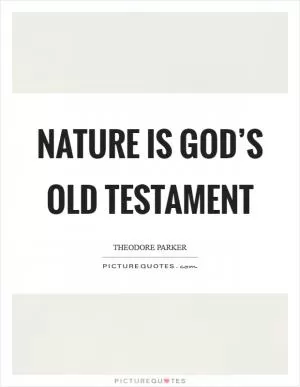

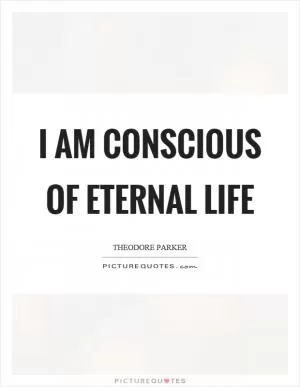
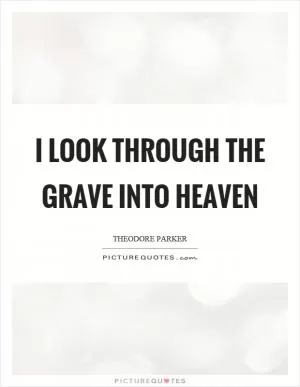

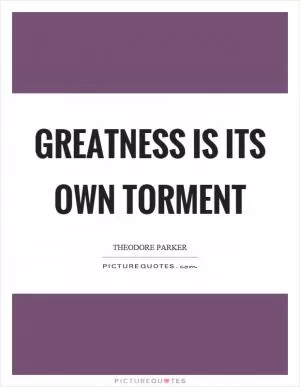
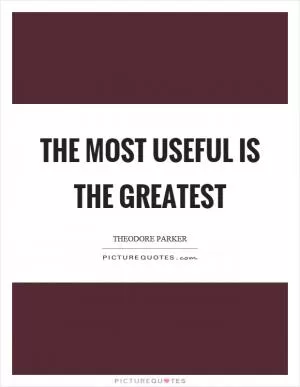
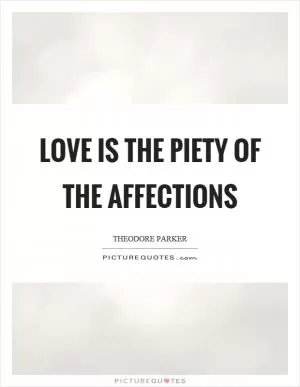

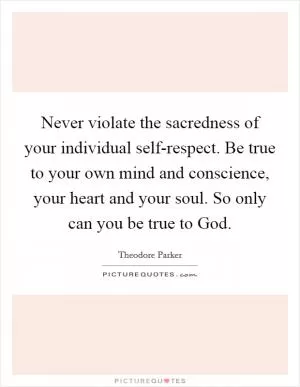
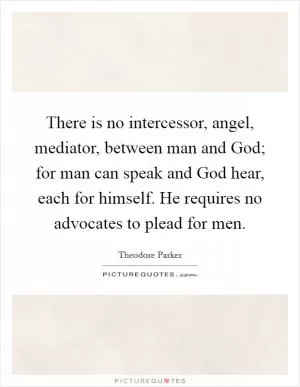
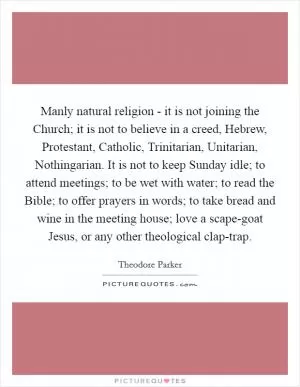
 Friendship Quotes
Friendship Quotes Love Quotes
Love Quotes Life Quotes
Life Quotes Funny Quotes
Funny Quotes Motivational Quotes
Motivational Quotes Inspirational Quotes
Inspirational Quotes